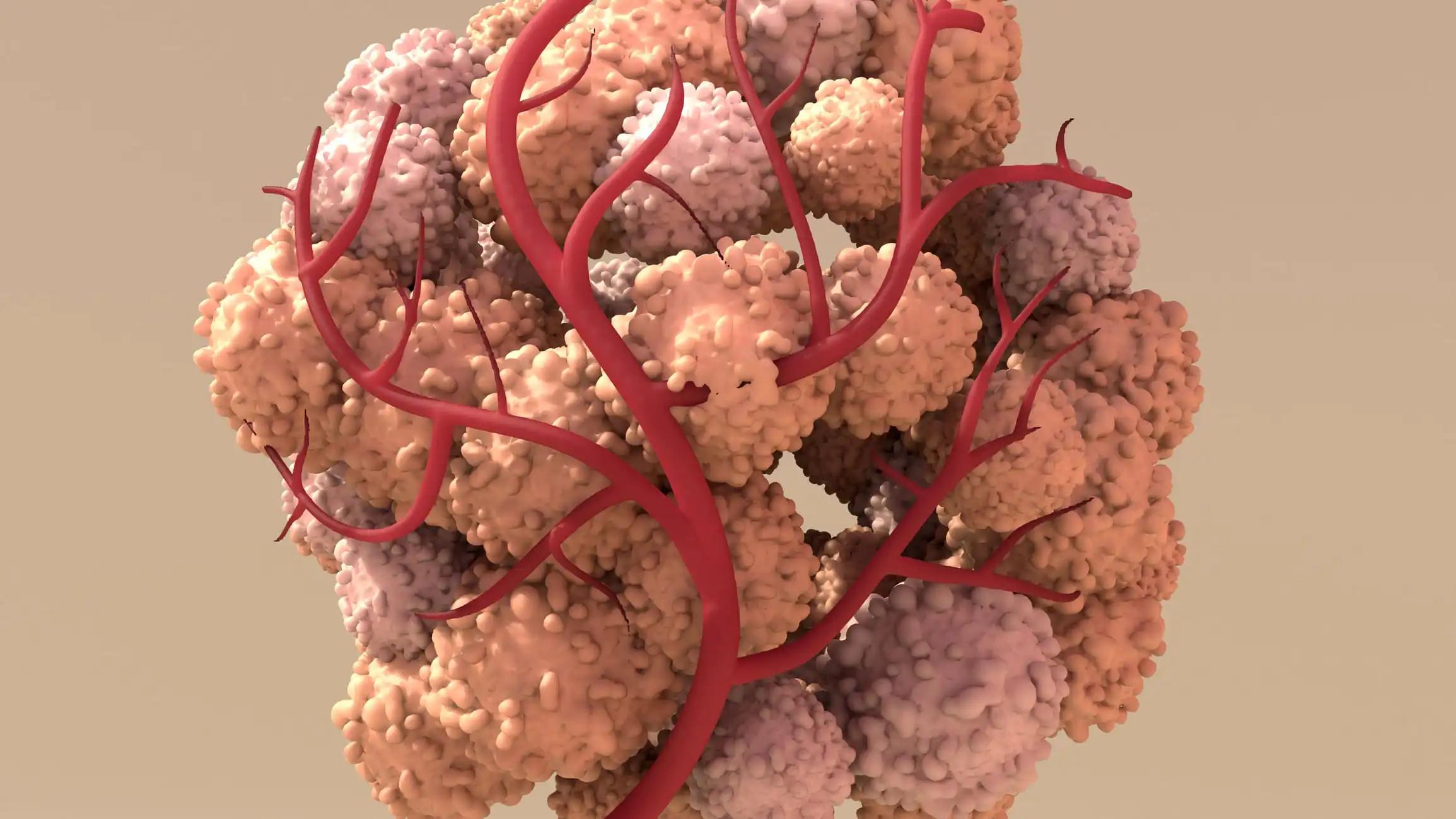KEY TAKEAWAYS
- The phase II MM‑014 study investigated DPd in RRMM patients.
- The treatment’s primary endpoint was ORR, with secondary endpoints being OS and safety.
- Long-term follow-up confirms DPd’s favorable OS in RRMM patients, aligning with prior safety reports signifying its benefit for lenalidomide-exhausted patients.
Patients (pts) suffering from RRMM who have utilized all potential benefits of lenalidomide treatment need more effective therapies. The Phase II MM 014 trial, comprising three cohorts, investigated the use of pomalidomide as an early-line treatment option for RRMM. In cohort B, with a median follow-up period of 28.4 months, the combination of pomalidomide, daratumumab, and low-dose dexamethasone (DPd) demonstrated remarkable efficacy, boasting an overall response rate (ORR) of 77.7% and a median progression-free survival of 30.8 months, as reported by Bahlis in Leuk Lymphoma in 2022.
This study focused on the final overall survival (OS) outcomes for cohort B. The design of cohort B allowed pts aged 18 and above with RRMM, who had received one to two prior lines of treatment (with lenalidomide-based regimens being the most recent), to participate. Patients who underwent treatment in the DPd 28-day cycle received 4 mg of pomalidomide orally on days 1 to 21, along with 40 mg of dexamethasone orally on days 1, 8, 15, and 22 (or 20 mg if over 75 years old). Additionally, patients received 16 mg/kg of body weight daratumumab intravenously on days 1, 8, 15, and 22 for cycles 1-2, on days 1 and 15 for cycles 3-6, and on day 1 for cycles 7 and beyond. The primary endpoint of the treatment was ORR, with secondary endpoints including OS and safety.
Among the 112 enrolled pts, 85 (75.9%) had lenalidomide-refractory disease, while 27 (24.1%) had lenalidomide-relapsed disease. Sixty-nine (61.6%) and 43 (38.4%) pts had undergone one and two prior lines of treatment, respectively. With a median follow-up duration of 41.9 months (ranging from 0.4 to 73.1 months), 96 (85.7%) pts discontinued treatment, mainly due to progressive disease (PD) in 54 cases (48.2%), and 50 pts (44.6%) passed away, predominantly due to PD (28 cases, 25.0%). Patients received pomalidomide, dexamethasone, and daratumumab for median durations of 15.7 months (ranging from 0.3 to 73.1 months), 13.7 months (less than 0.1 to 72.5 months), and 15.2 months (less than 0.1 to 72.7 months), respectively. The median OS was 56.7 months (with a 95% confidence interval of 46.5 to not reached [NR]), with lenalidomide-refractory pts experiencing 53.6 months (ranging from 28.6 to NR), and lenalidomide-relapsed pts having an NR OS (ranging from 47.6 to NR).
Treatment-related treatment-emergent adverse events (TEAEs) that led to discontinuation of pomalidomide, dexamethasone, and daratumumab occurred in 7 (6.3%), 9 (8.0%), and 6 (5.4%) pts, respectively. Treatment-related TEAEs resulted in pomalidomide and dexamethasone dosage reductions in 31 (27.7%) and 38 (33.9%) pts, respectively, as well as pomalidomide, dexamethasone, and daratumumab interruptions in 55 (49.1%), 17 (15.2%), and 65 (58.0%) pts, respectively. Neutropenia was the most common treatment-related TEAE leading to pomalidomide dose modification (reduction in 17 cases [15.2%] and interruption in 38 cases [33.9%]) and daratumumab interruption in 30 cases (26.8%). Insomnia was the primary treatment-related TEAE, resulting in dexamethasone dosage modification (reduction in 10 cases [8.9%] and interruption in 1 case [0.9%]).
With extended follow-up, the DPd treatment regimen demonstrated favorable overall survival outcomes for pts with RRMM. The safety profile of DPd remained consistent with previous reports, suggesting its beneficial use for RRMM pts who have exhausted the benefits of lenalidomide treatment.
Source: https://clml-soho2023.elsevierdigitaledition.com/494/index.html
Clinical Trial: https://classic.clinicaltrials.gov/ct2/show/NCT01946477
Bahlis, N. J., Samaras, C., Reece, D., Sebag, M., Matous, J., Berdeja, J. G., Shustik, J., Schiller, G. J., Ganguly, S., Song, K., Seet, C. S., Acosta-Rivera, M., Quick, D., Anz, B., Fonseca, G., Liu, H., Gentili, C., & Siegel, D. S. (2023). MM-371 Pomalidomide, Daratumumab, and Dexamethasone After Lenalidomide Treatment in Patients With Relapsed or Refractory Multiple Myeloma (RRMM): Final Overall Survival (OS) Analysis of the Phase II MM-014 Study. Clinical Lymphoma Myeloma and Leukemia, 23, S494-S495. https://doi.org/10.1016/S2152-2650(23)01445-3



